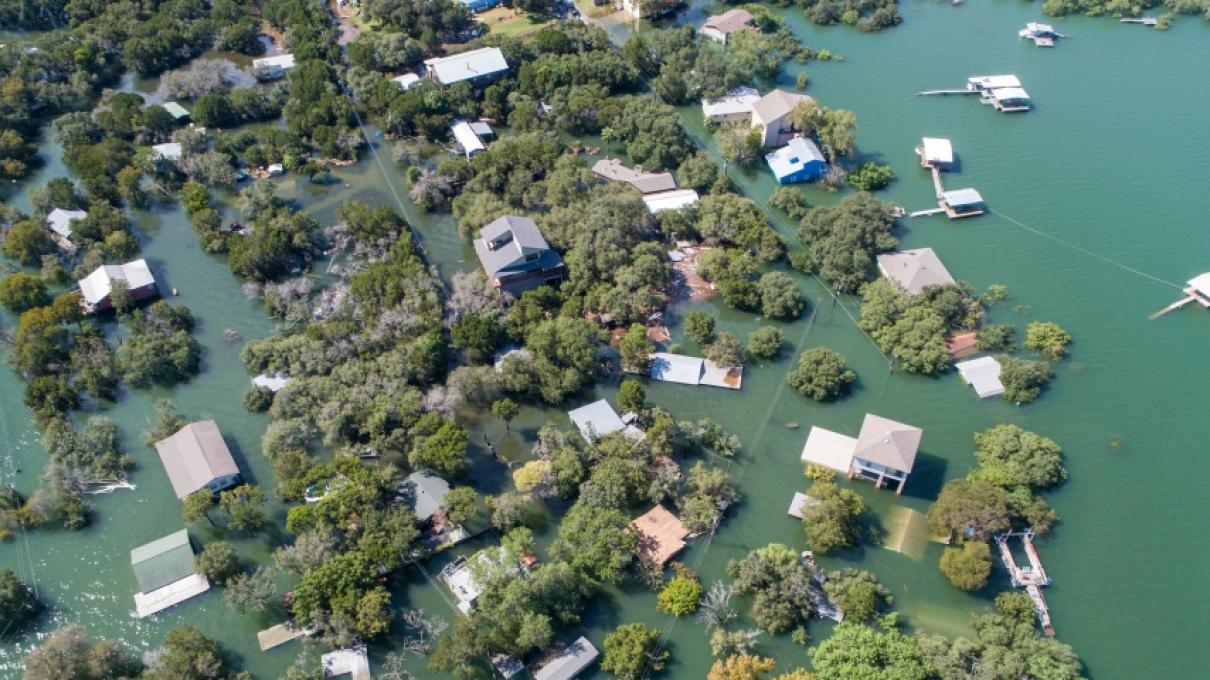The Equitable Resilience Framework

The Equitable Resilience Framework team [PI: Janelle Knox-Hayes] has been invited to develop a comprehensive white paper over the summer (2021) as part of the MIT Climate Grand Challenges initiative. The Equitable Resilience Framework seeks to make equity a central goal of climate resilience and adaptation efforts, and aims to develop new models, practices, policies and physical design solutions that repair existing inequalities and prevents the creation of new ones.
Urban resilience aims to increase the capacity of interconnected systems and communities to respond to a broad range of hazards over multiple timescales. The field of urban resilience is still relatively new, emerging from the ecological and engineering resilience fields over the past two decades. Conceptual and operational shortcomings remain when applying resilience to social systems and communities that lead to both procedural and distributive injustices. A more inclusive and equitable approach to urban resilience is needed. The Norman B. Leventhal Center for Advanced Urbanism proposes to develop a new approach: The Equitable Resilience Framework (ERF).
The Equitable Resilience Framework team includes: Nicholas Ashford, David Birge, Gabriella Carolini, Nicholas de Monchaux, Rania Ghosn, Sally Haslanger, Eric Huntley, Caroline Jones, Janelle Knox-Hayes, Miho Mazereeuw, Caitlin Mueller, Leslie Norford, Mary Anne Ocampo, Balakrishnan Rajagopal, Justin Steil, Lawrence Vale, and Sarah Williams.
Learn more about Equitable Resilience, and PI Janelle Knox-Hayes whose research exploring the link between values, and sustainable practices is featured in The Human Scale of Climate Change, MIT Spectrum.


